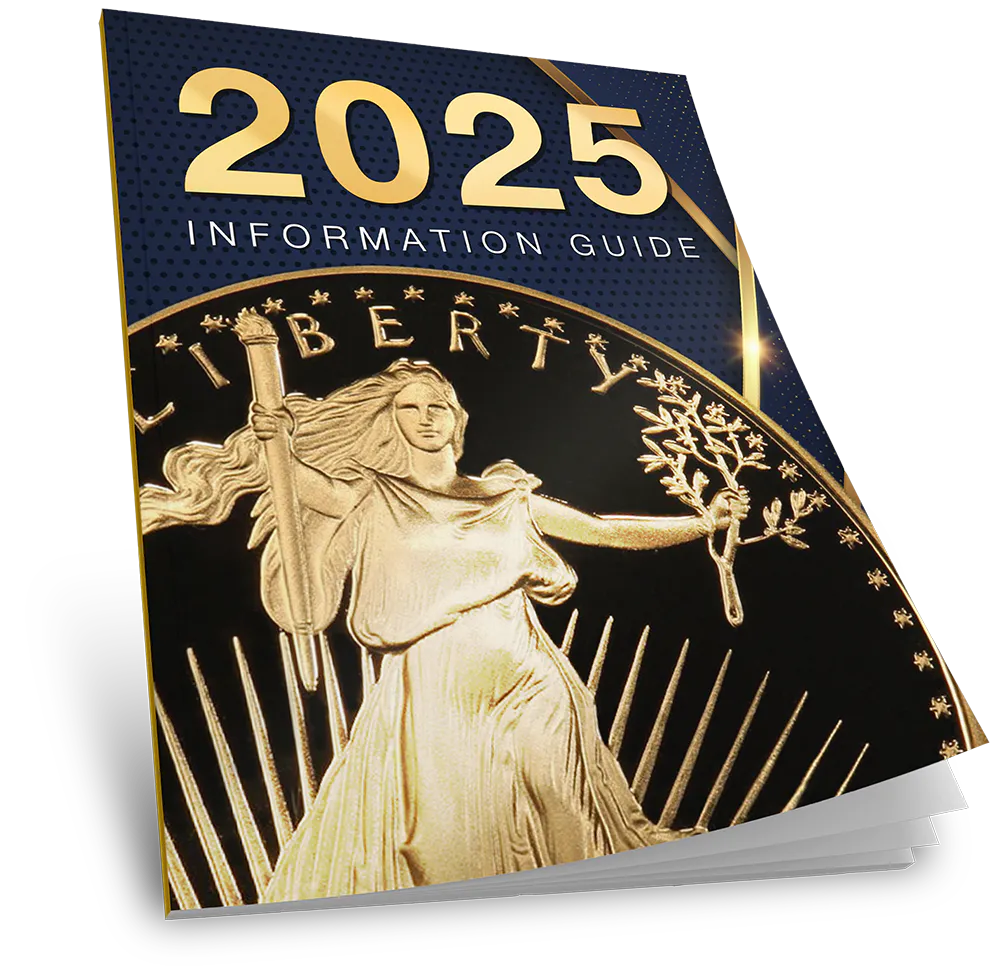Alarming Increase in Early 401(k) Withdrawals
The economic turmoil of the past year has led to a record number of Americans tapping into their 401(k) plans for hardship withdrawals. According to Fidelity, the share of people using hardship withdrawals increased more than 25%. That is their highest amount on record. Vanguard also recorded a 33% increase. More than 700,000 people took money from their 401(k) or 403(b) plans, as inflation made things more expensive, and the cost of borrowing money skyrocketed.1
Hardship withdrawals were typically only approved for a small set of circumstances. They were granted for things such as medical care, avoiding eviction, or tuition costs. However, people are turning to them more frequently as they have become easier to access. The CARES Act, a Covid relief law, allowed people to take out up to $100,000 from their retirement accounts. They had three years to pay it back without penalty or taxes, making it a hard-to-resist temptation when the economy soured.
President Biden’s new Secure 2.0 law makes withdrawals even easier. Previously, you needed employer approval to access your retirement funds. Now, Americans only need to self-certify their hardship to access their accounts. This includes not only their own contributions, but also their company’s matching funds.
Reasons Against Early Withdrawals
Except for the direst of circumstances, retirement experts strongly warn against taking money from your 401(k). There are several reasons not to. It ultimately costs people more in the long run. Investors miss out on the chance for their money to work for them. Instead, they are locking in their losses. It is important to note that a withdrawal is different from a 401(k) loan, which must be repaid.
Another reason is that workers under 59 1/2 must pay a 10% early withdrawal penalty. Also, withdrawals from 401(k)s count as taxable income. The withdrawal could push a worker into a higher tax bracket. This could reduce their Social Security benefits.2 Retirees are already threatened with a steep cut in benefits because Social Security is set to run out of money by 2032.
Moreover, the money in a 401(k) is protected against bankruptcy. But withdrawn funds are now vulnerable to being taken to cover debts. Bankruptcy could cost people the money they counted on for their retirement.
Overcome Economic Uncertainty
The country is rocked by economic uncertainty. People are understandably hesitant to put money back into their 401(k)s. Fidelity released a report showing that the average 401(k) balance dropped 23% year-over-year due to market volatility. Suze Orman, the financial expert, said, “People who are working today are watching their 401(k)s go down 10%, 20%, 50%. You can mark my bottom dollar, that they will stop contributing to their 401(k)s because they are scared to death.”3
Despite the temptation to withdraw funds, it is important to exhaust all possible alternatives before doing so. Stock market losses and future turmoil do not mean you cannot protect your financial future. Investments like precious metals hold their value in the face of market volatility. Consider exploring options like a Gold IRA from American Hartford Gold to keep your financial future secure. In the end, the best way to protect your retirement is to be diligent and to keep contributing to your 401(k) plan, even during tough times.






